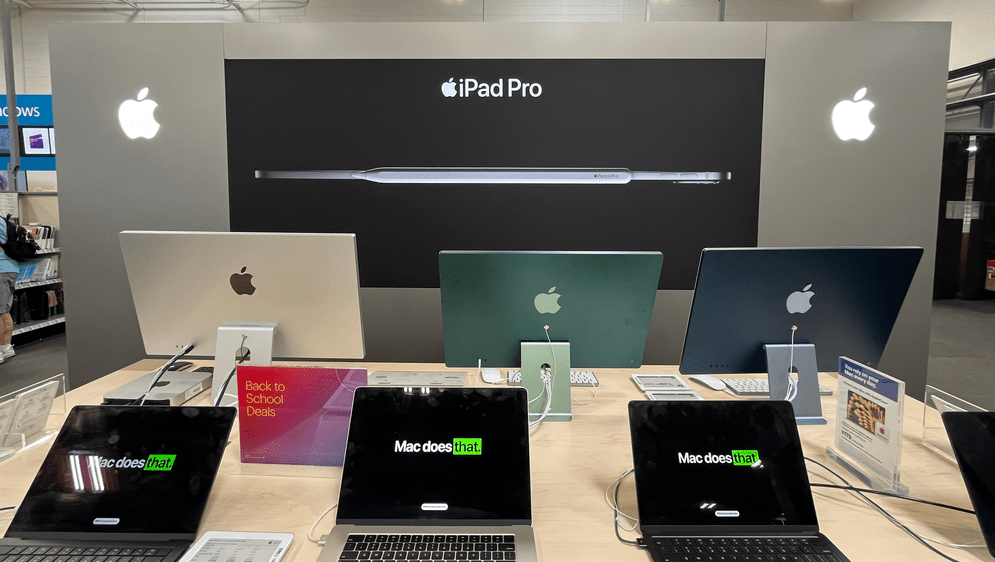Big Tech is pouring fuel on the AI fire—and the implications for cannabis get huge the moment federal legalization hits. Microsoft is committing about $80 billion to AI-ready data centers and custom silicon, positioning Azure as the backbone for model training and regulated-industry workloads. Amazon has invested $4 billion in Anthropic and is tying Claude models to AWS, while Google reportedly added another $1 billion to Anthropic as it races to scale Gemini and cloud AI services. Nvidia, meanwhile, is resetting unit economics with its Blackwell platform and AI-factory claims that promise higher throughput for inference and agents. Salesforce is weaving frontier models into Agentforce and doubling down on AI hubs, signaling how enterprise software will operationalize AI at scale. Apple is pushing on-device “Apple Intelligence,” a privacy-centric approach that could matter for health-adjacent use cases, and IBM is leaning into watsonx governance and agentic tooling for regulated industries. Even the chip and cloud substrate is diversifying—OpenAI is exploring custom silicon with Broadcom, while Oracle is expanding GPU partnerships—indicating more capacity and vendor choice ahead.
So what happens if cannabis is federally legal and these players decide to participate? First, data and compliance infrastructure professionalize overnight. Azure, AWS, and Google Cloud already support HIPAA-, PCI-, and FedRAMP-aligned services; flip the legal switch, and those same controls can power seed-to-sale ledgers, automated ID checks, adverse-event reporting, and tax remittance at a national scale. Nvidia’s efficiency push matters here: denser inference tilts the math toward real-time compliance bots, computer-vision audits, and anomaly detection that regulators can verify.
Second, retail experiences jump a generation. Salesforce, Amazon, and Google can bring agentic shopping that learns preferences across dispensary apps, loyalty, and payments to suggest products, doses, and formats contextually—while Apple’s on-device intelligence keeps the most sensitive health signals local. Meta’s open-model strategy lowers costs for dispensaries that can’t afford proprietary APIs, enabling boutique shops to run capable assistants on modest hardware.
Third, cultivation turns into a high-resolution feedback loop. Oracle, Microsoft, and IBM already tout industrial IoT plus AI agents; map that to grow rooms and you get climate setpoints that self-correct, pest detection that pings teams before outbreaks, and harvest timing tuned to cannabinoid targets. Add edge cameras, and small farms can access tools once reserved for Big Ag. Oracle’s expanding GPU footprint suggests the backbone for those workloads is getting cheaper and more flexible.
Fourth, marketing and advertising finally normalize—responsibly. Google, Meta, and Amazon will still face state rules and platform policies, but federal legality unlocks compliant ad inventory, brand-safety tooling, and audience controls at scale.
There are risks. Consolidation could crowd out smaller software vendors that built cannabis-native tools. Over-collection of consumer data becomes a reputational landmine unless Apple-style privacy defaults and IBM-style governance are table stakes. And if capital floods into multi-state operators faster than rules evolve, watchdogs will lean on automated surveillance—raising fairness and false-positive concerns.
Net-net: federal legalization would plug cannabis into the same AI flywheel powering the rest of the economy. The winners will be brands and retailers that embrace enterprise-grade clouds, pair open and proprietary models pragmatically, and treat privacy like product design. The playbook is already written across other regulated categories; cannabis just needs the green light. Expect rapid convergence around payments, loyalty, and age verification: once federal banking barriers lift, mainstream processors and app stores enable standard checkout, ad approvals, and safer identity proofing powered by foundation models and edge vision.

